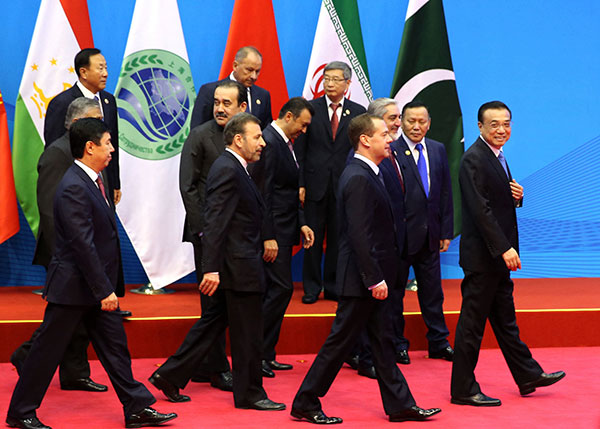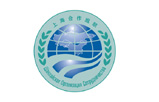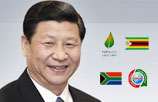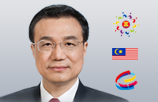SCO premiers say cooperation on infrastructure a priority
By ZHANG YUNBI/LI XIAOKUN (China Daily) Updated: 2015-12-16 07:24Leaders call for joint programs to boost links and tap cross-border shipping potential
 |
|
Premier Li Keqiang and other leaders attend a photo session during the Prime Ministers' Meeting of the Shanghai Cooperation Organisation in Zhengzhou, the capital of Henan province, on Tuesday. WU ZHIYI/CHINA DAILY |
Prime ministers from Shanghai Cooperation Organisation member states have made infrastructure construction a priority for cooperation.
This was outlined in a statement on regional economic cooperation released on Tuesday after the 14th SCO Prime Ministers' Meeting in Zhengzhou, the capital of Henan province.
Leaders from the six member states-China, Russia, Kazakhstan, Kyrgyzstan, Tajikistan and Uzbekistan-noted the "sluggish recovery of the world economy".
They said transportation infrastructure, shipping facilities, trade, the investment environment, production capacity, high-technology and financial cooperation are among issues that need to be solved.
The statement said the countries should undertake joint infrastructure programs to boost links and fully tap cross-border shipping potential. They should also build high-speed railways.
SCO member states could set up industrial parks or economic cooperation zones "when conditions are ripe", the statement said, adding that exchanges among enterprises should be strengthened to tap into leading technologies and create more jobs.
Premier Li Keqiang, who presided over the meeting, said the SCO should strengthen the security cooperation mechanism, accelerate border defense cooperation and move toward an anti-extremism pact. He said this could provide a safe environment for regional development.
Li first proposed cooperation on industrial capacity at the 13th SCO prime ministers' meeting in the Kazakh capital Astana in December last year. His proposal was welcomed by Kazakhstan.
Gao Fei, a professor of international relations at China Foreign Affairs University, said the meeting helped to integrate the concept of China's Belt and Road Initiative with the SCO to help the economic transformation of Central Asian countries.
Zhang Jianping, a senior researcher at the Institute for International Economic Research under the National Development and Reform Commission, said remarkable progress has been made between China and the other SCO members on infrastructure and production capacity cooperation.
Zhang referred to civil aviation collaboration with Russia, to the steel, glass an cement production line co-built in Kazakhstan and to the power transmission facilities and power grid planned and built in Central Asian countries.
At a news conference after the meeting, Premier Li said the SCO should "gather dynamics" and shape six platforms to upgrade cooperation.
During the meeting, he said China is ready to boo the link between the Silk Road Economic Belt and the development strategies of other SCO members as we as links with mechanism such as the Eurasian Economic Union.
The Belt and Road Initiative, which refers to the Silk Road Economic Belt and the 21st Century Maritime Silk Road, was proposed by President Xi Jinping in 2013. Its calls for trans-Eurasia routes to be set up to boost connectivity and trade have been welcomed by many countries, including the SCO members.
Chen Xiaochen, a research fellow at the Chongyang Institute for Financial Studies at Renmin University of China, said the Belt and Road Initiative will enable the SCO to develop rapidly along the ancient Silk Road.
Xinhua contributed to this story.
- SCO members vow deeper cooperation under Belt and Road Initiative
- China proposes six platforms for SCO cooperation
- Premier Li meets leaders attending SCO meeting
- Premier Li hails cooperation, harmony among SCO members
- SCO prime ministers start talks in Central China
- Leaders pose for group photo at SCO meeting






